Keywords: Creation
There are more than 200 results, only the first 200 are displayed here.
-
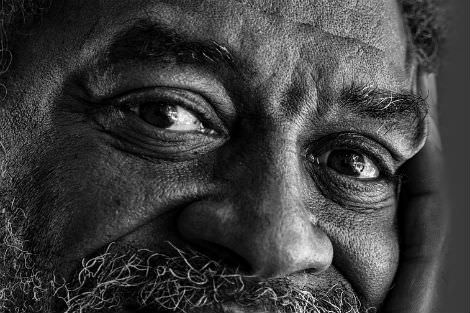
ARTS AND CULTURE
- B. N. Oakman
- 09 October 2017
2 Comments
He's not difficult to find. Black men stand out in rich barrios. He'll be standing outside the supermarket, smiling, a self-appointed doorman selling a magazine nobody buys. His name is Samuel. He's from Ghana. His father is dead. He sends what money he can to his mother. He has no papers and no work because he has no papers. Madrilenos offer small change after shopping.
READ MORE 
-
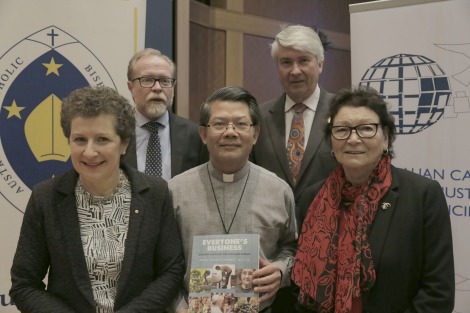
RELIGION
- Frank Brennan
- 11 September 2017
2 Comments
The real call of Everyone's Business is to move beyond them and us to admitting that there is only us. If we are truly to build an inclusive and sustainable economy, it can't be just those in full time paid employment who are part of that economy. We take seriously the principles of neo-liberalism, letting the market decide. But we set limits on the market for the common good.
READ MORE
-
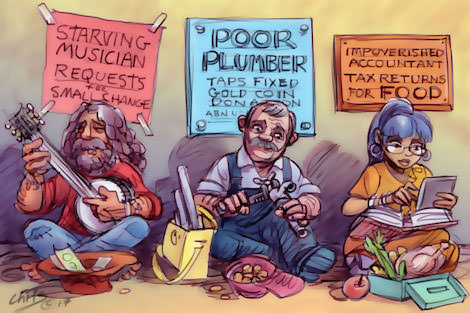
ECONOMICS
- Terry Noone
- 21 August 2017
9 Comments
To get a good idea of where employment practices are headed, a good place to start is the music industry. Musicians have been the canary in the coalmine. The gradual removal of their work place rights, and even basic remuneration, points to what happens when there are no effective constraints on employers’ behaviour. Instead, they are being offered ‘exposure’—and, as one muso quips, ‘you can die of exposure.’
READ MORE 
-
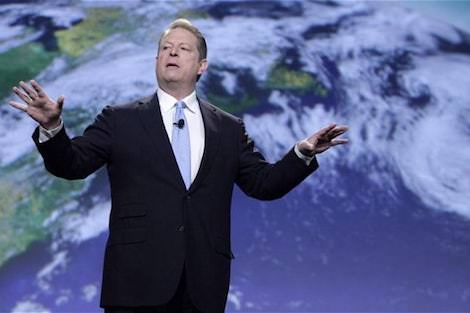
ARTS AND CULTURE
- Megan Graham
- 10 August 2017
5 Comments
'The evening news has become like a nature hike through the Book Of Revelations,' says Al Gore, the politician-cum-climate activist who made waves with his Oscar-winning 2006 documentary An Inconvenient Truth.
READ MORE 
-

ECONOMICS
The daily fluctuations of financial markets and the fractious debates over economic policy are concealing something deeper and much more disturbing. The future of money itself is in question. A decade after world banking almost collapsed in the global financial crisis, the questions raised have not been answered.
READ MORE 
-

ECONOMICS
One of the more interesting recent developments in finance has been the creation of Bitcoin and other crypto-currencies. They are being touted as a revolution in how we think and use money. Alternately, there are many who want to go in the opposite direction, back to the gold standard. Both sides have a common enemy: money whose value is determined by government dictate. Allowing governments to dictate in this way, they argue, is the core of the problem. To a significant extent, they are wrong.
READ MORE 
-

ENVIRONMENT
- Andrew Hamilton
- 07 June 2017
5 Comments
To consider cricket as work would strike many people as odd. They would see it as a hobby, a recreation, a game or a calling. Professional sportspersons receive little attention in Catholic social thought, which is a pity because a Catholic understanding of work provides a helpful perspective. Its crucial insight is that work is a human activity, and that each human being is precious, unique and needs to be respected. Neither people nor work can be seen as means to an economic end, or as expendable.
READ MORE 
-
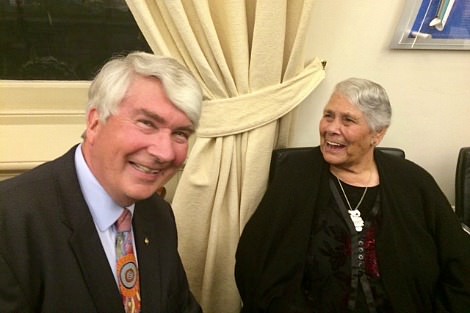
AUSTRALIA
- Frank Brennan
- 31 May 2017
19 Comments
The consultations conducted in Indigenous communities under the auspices and with the financial support of the Referendum Council have yielded a constant message that Indigenous Australians want substantive constitutional change and not just symbolic or minimalist change. The question is: How much should we attempt to put in the Constitution now, and how much should we place outside the Constitution, or delay for constitutional inclusion until another day?
READ MORE 